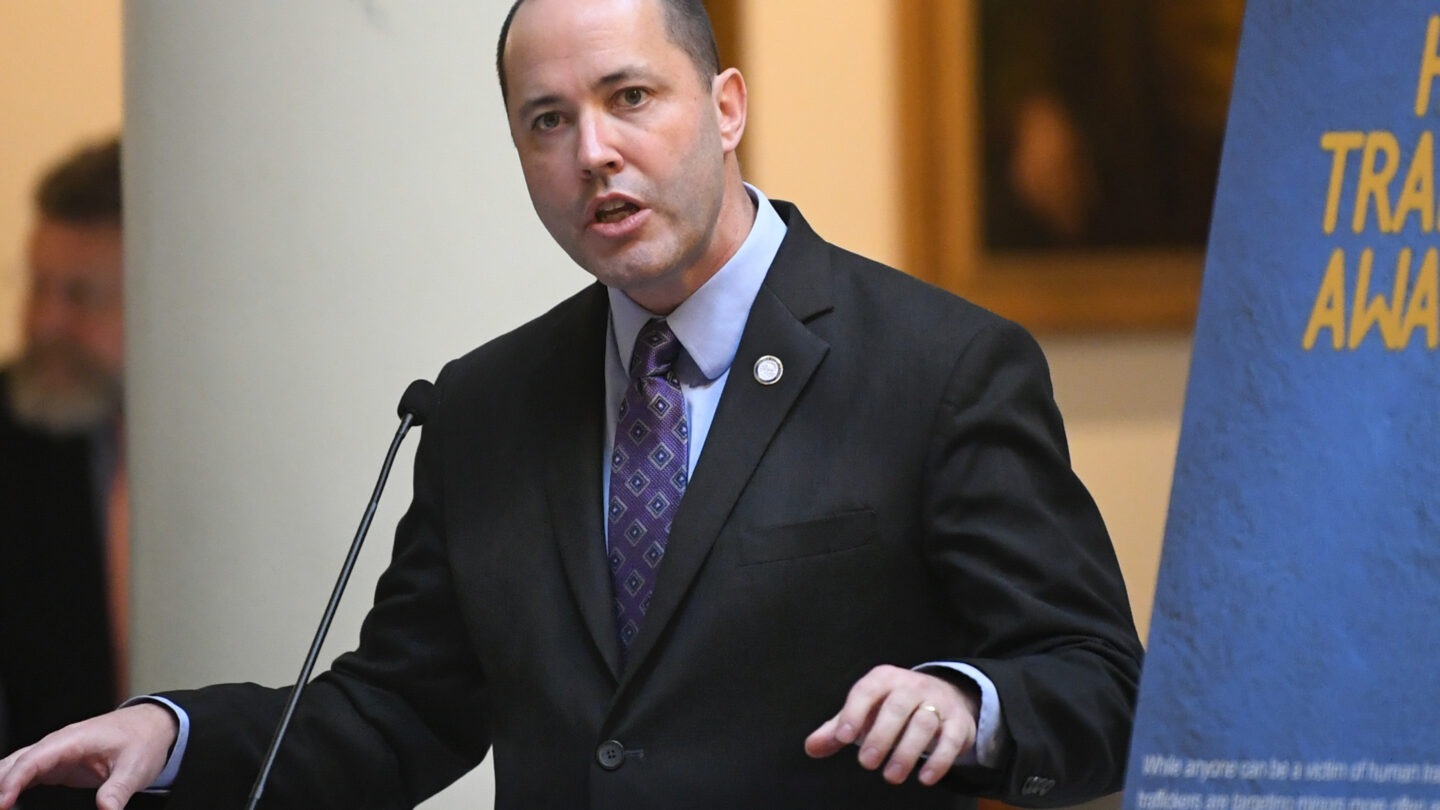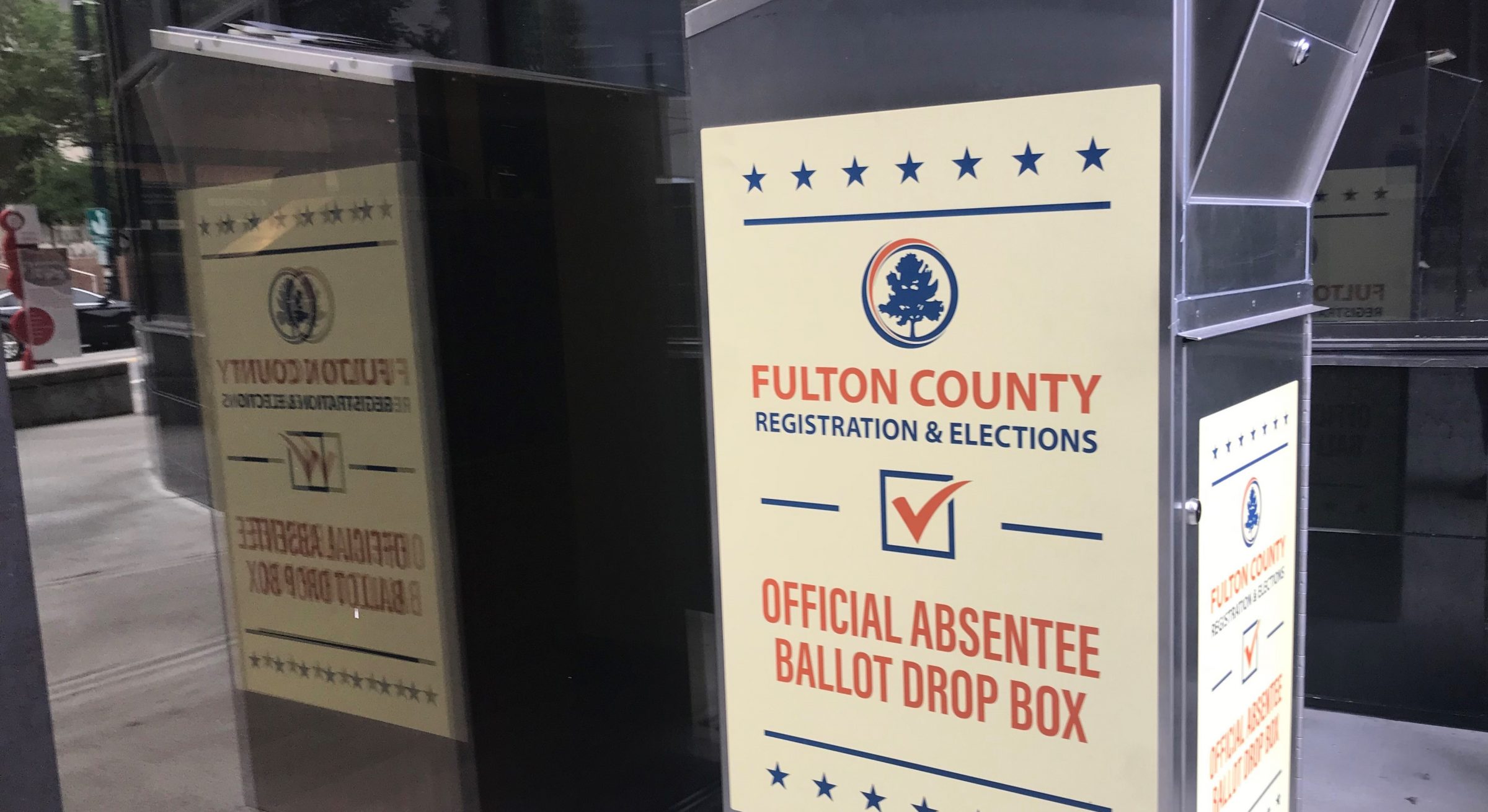Voters urge Georgia judge to redraw utility regulator electoral map

A group of Black voters say it’s time for a federal judge to redraw the electoral map for a five-member Georgia utility regulator commission, after state lawmakers failed to draw their own map in the 2023 session.
The Public Service Commission regulates Georgia Power Co. and other utilities, determining how much companies are allowed to bill millions of ratepayers. The commissioners serve staggered six-year terms, but elections for two members have been delayed by the voting rights lawsuit.
Lawyers for the group on Tuesday asked U.S. District Judge Steven Grimberg to start the process for drawing maps, even though there’s an ongoing appeal of his ruling that the current system of at-large statewide elections illegally dilutes Black votes. The 11th U.S. Circuit Court of Appeals has yet to issue a decision after arguments in December. The U.S. Justice Department is supporting the plaintiffs.
Lawyers argue there is plenty of precedent for the judge to begin and that the task is urgent because Grimberg blocked elections for two of the five commissioners last November. The terms for District 2 Commissioner Fitz Johnson and District 3 Commissioner Tim Echols would have expired in January. All five commissioners are Republicans.
“The court should take up that task now — and set a schedule for completing it — because of the pressing need to conduct elections for the two PSC seats currently occupied by holdover commissioners,” wrote lawyer Bryan Sells.
A spokesperson for Georgia Attorney General Chris Carr didn’t immediately respond to an email seeking comment Wednesday.
If appeals are settled, elections could take place later this year.
Grimberg broke new ground in finding that statewide elections violate the Voting Rights Act, although his decision hinged on Georgia’s system of having candidates live in particular districts but run statewide. He found the system illegally handicapped Black-favored candidates, and that such candidates would have a better chance of winning if only voters in a district elected each candidate, making it possible to draw at least one Black-majority district.
Carr argues that Grimberg fundamentally erred in his decision by concluding that race and not Democratic partisanship drove defeats of candidates preferred by Black voters. He also says the judge overstepped in concluding that only state law and not the state constitution requires statewide elections. Grimberg earlier rejected both arguments.
Grimberg’s ruling gave lawmakers a chance to draw single-member districts for the commission, but they did not act during the 2023 session. The judge has said he would draw single-member districts if lawmakers didn’t act.
Plaintiffs say district elections would spotlight the concerns of Black voters, including people with lower incomes who pay high utility bills. The lawsuit was brought by leaders of the NAACP, Georgia Conservation Voters and Black Voters Matter.
The U.S. Supreme Court overturned an 11th Circuit ruling that would have allowed the elections to proceed, keeping the races off the ballot.
Another federal judge in 2022 allowed Georgia’s congressional elections to proceed even though he preliminarily found redistricting was likely to have illegally harmed Black voters.








